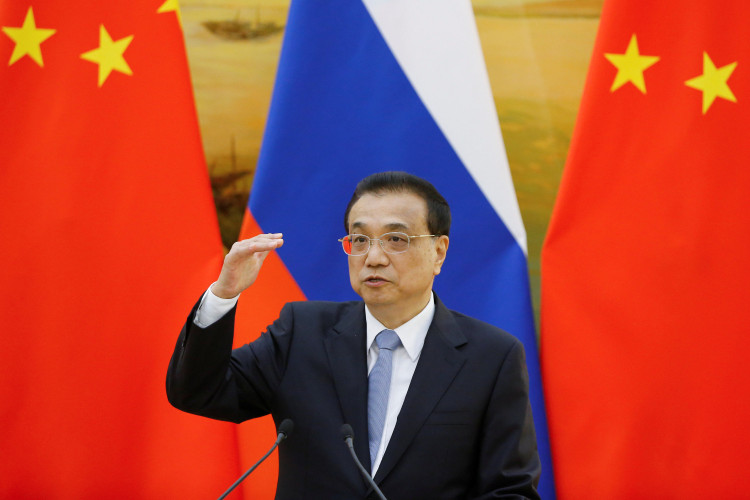In a rare show of public sentiment, countless mourners converged in Beijing and central China to honor the life and legacy of China's former Premier Li Keqiang, who passed away suddenly last week from a heart attack at 68. Not just a reflection of the love and respect he earned from his countrymen, the gatherings also hinted at the undercurrents of dissatisfaction with the nation's existing governance.
State broadcasts showcased President Xi Jinping and his wife, Peng Liyuan, bowing in respect before Li's draped body, a symbol of his service to the Communist Party. The sight was followed by the remaining six members of the influential Politburo Standing Committee paying their respects. China's state media celebrated Li as a stalwart party member, lauding his dedication to the state's communist ideals and his exemplary leadership.
Li, recognized for his support of private businesses and his commitment to market reforms, deftly steered China's economy amid global challenges. His tenure saw the nation grappling with escalating tensions with the United States and the far-reaching impacts of the COVID-19 pandemic. Despite these achievements, Li's influence waned in the shadow of Xi's tightening grip over China's societal and economic facets.
The public outpouring of grief was marked by substantial turnouts in Hefei, central China, with a line of mourners extending for miles, paying homage at the house where Li spent his formative years. A resident of Hefei, Liu Xiaoqiang, described the collective sentiment, saying, "We all brought our own children... to remember our most beloved premier."
While such public assemblies are rare in China, given the nation's often stringent stance on spontaneous gatherings, the turnout was seen by some as a silent critique of Xi's increasingly autocratic governance. Authorities, while allowing the gathering, ensured a noticeable surveillance presence. Mourners were closely watched by teams clad in blue vests, ensuring order and, in some cases, monitoring conversations with journalists.
Li's political journey saw him rise from modest beginnings, attending the prestigious Peking University after the tumultuous Cultural Revolution, before ascending the ranks of China's political elite. He was once touted for the nation's top position but found his aspirations overshadowed by Xi, a scion of the revered "princeling" class. By 2022, the political landscape had shifted, with Xi solidifying his influence for another term and prioritizing party loyalists in pivotal roles.
The spontaneous memorial also stirred the business sector as flower vendors experienced a surge in demand, further highlighting the depth of respect and admiration the public held for Li.
In many ways, the emotional farewell to the former Premier was not just a moment to remember a beloved leader, but also a reflection on China's current political ethos. The contrast between the reform-oriented policies of Li and the more controlling approach of Xi was palpable in the mourners' silent testimonies.






